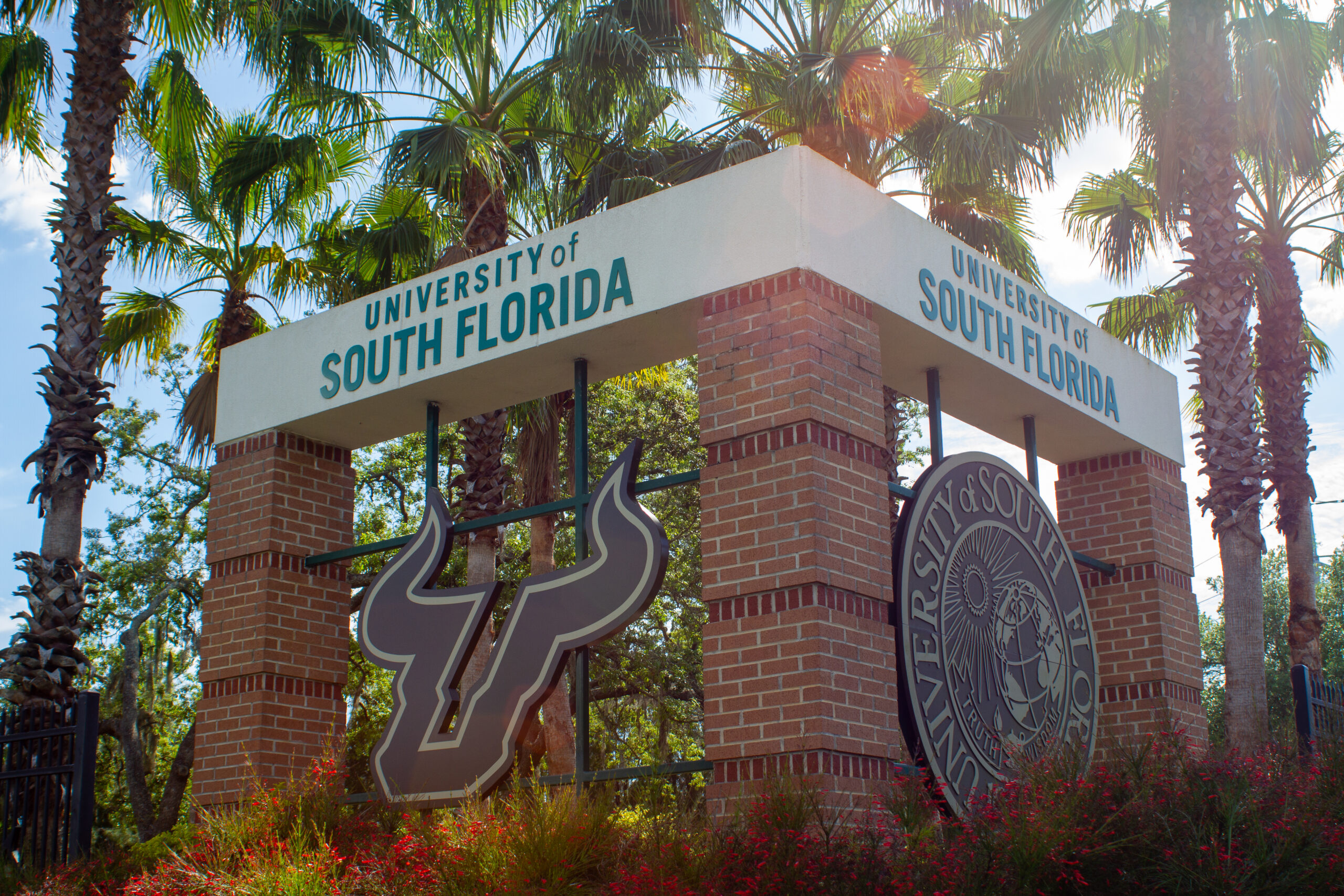Take Back the Night to see emotional discussions around sexual assault with return in person

Take Back the Night expects to see emotions run high as attendees gather in person to share their experiences with and bring awareness to sexual assault after the event went virtual for two years.
During the gathering, students will be able to engage in several exercises meant to promote productive conversation around sexual assault on Tuesday from 7-10 p.m. in the Marshall Student Center Amphitheater. The exercises include an opportunity for students to to speak out about sexual violence.
Students will have the option of speaking from the stage in front of the assembled audience, or submitting their story anonymously via QR codes on posters advertising the event which can be found around campus.
Other activities will also be held, including a silent march, a candlelight vigil and a student musical number. Gov. Alexis Roberson and keynote speaker Jill McCracken, a professor of Women’s and Gender studies, will also be presenting.
“Tonight is all about survivor support, it’s all about awareness, coming together and standing in solidarity with survivors,” Smith said. “That kind of solidarity is sometimes special in person.”
For the past two years, the online event only attracted about 50 people, according to Violence Prevention Program Manager Danielle Smith, compared to the hundreds from before. Smith hopes this year’s event will see similar numbers.
One drawback to a remote format is the difficulty of connecting with the meeting’s participants, Smith said, especially if they are in need of support when dealing with sensitive topics. However, victim advocates would reach out to the students individually to see if they needed any support before they shared their stories.
This is less of a concern for the in-person event, where there will be a table allocated for advocacy and support staff that students can physically approach. There will also be four support staff checking in with the line of students waiting to go on stage to share their stories of sexual assault.
“One positive thing about being in person is that we’ll have survivor love letters hung up everywhere,” Smith said. “We’ll have a lot of support staff available. It will just be a visually very supportive event, which can be hard [to replicate] virtually.”
To bring more attention to the event, the Center for Victim Advocacy and Violence Prevention has engaged in a more expansive advertising process than past years. The advertising campaign included yard signs distributed around campus and workshops with fraternities and sororities.
“I hope to come together as a USF community to show survivors support,” Smith said. “It’s really important that we’re a survivor-supportive campus, meaning that we’re actively trying to prevent violence on campus.”







